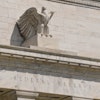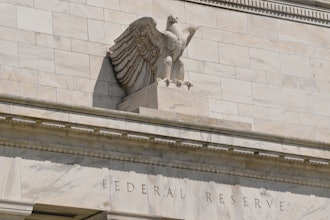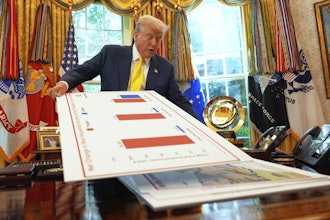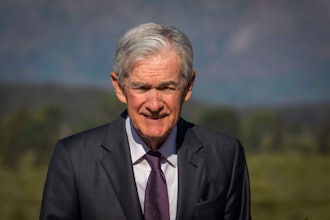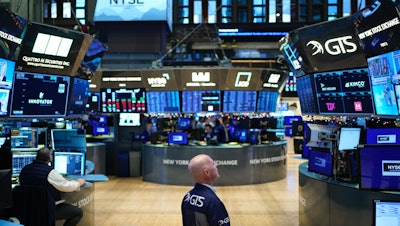
NEW YORK (AP) — Easing inflation and a cooling job market are raising hopes on Wall Street that a gentler Federal Reserve is on the way in 2023. That's despite the central bank's own adamance that it will keep raising rates from their current 15-year high and hold them there into 2024.
Investors hope that when the central bank emerges from its next meeting on Jan. 31-Feb. 1 its messaging will take a more dovish turn.
"I wouldn't be surprised if the narrative begins to pivot toward what investors are looking for," said Peter Essele, head of portfolio management for Commonwealth Financial Network.
Major stock indexes have gained ground so far this year after a dismal 2022 in a show of confidence from Wall Street. An even bigger signal of where the Fed might go next is coming from the Treasury market.
The yield on the two-year Treasury, which tends to track expectations for Fed action, has been edging lower in 2023.
"The two year is, in essence, the barometer for where the Treasury market thinks the Fed is headed," said Quincy Krosby, chief global strategist for LPL Financial.
The central bank has so far been adamant that it plans to continue raising rates this year and that it sees no rate cuts until 2024 at the earliest. The Fed has raised its key overnight rate to a range of 4.25% to 4.50% from roughly zero a year ago. It will announce its next decision on interest rates Feb. 1, and investors are largely forecasting a rise of just 0.25 percentage points, down from December's half-point hike and four 0.75 percentage-point hikes before that.
The Fed's goal in raising interest rates has been to fight inflation by making borrowing more difficult and to slow economic growth. The strategy, though, hurts investment prices and risks slowing the economy too much and causing a recession. The U.S. economy contracted during the first half of 2022 and grew slightly during the third-quarter. Economists expect GDP data to show slight growth during the fourth quarter. The weak GDP data is in sharp contrast to solid growth in 2021.
Recent economic reports have raised investors' hope that the Fed might succeed in taming inflation sooner than it realizes while inflicting less damage to the economy.
Annual inflation eased in December for a sixth straight month. The employment market remains strong, but workers' wage gains have slowed, easing pressure on inflation.
Consumer sentiment on inflation has also improved. A closely-watched survey from the University of Michigan showed that this month consumers lowered their expectations for inflation in the coming year to 4%, the lowest reading since April 2021.

